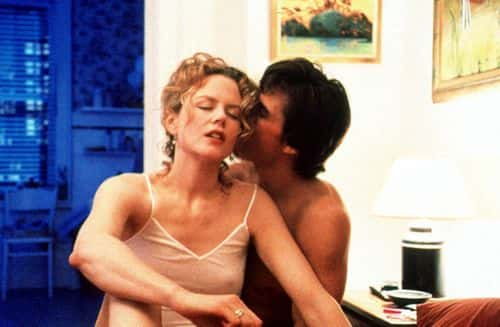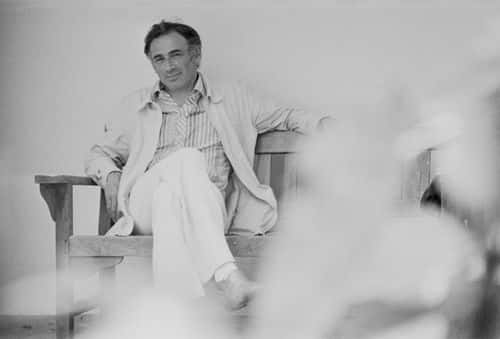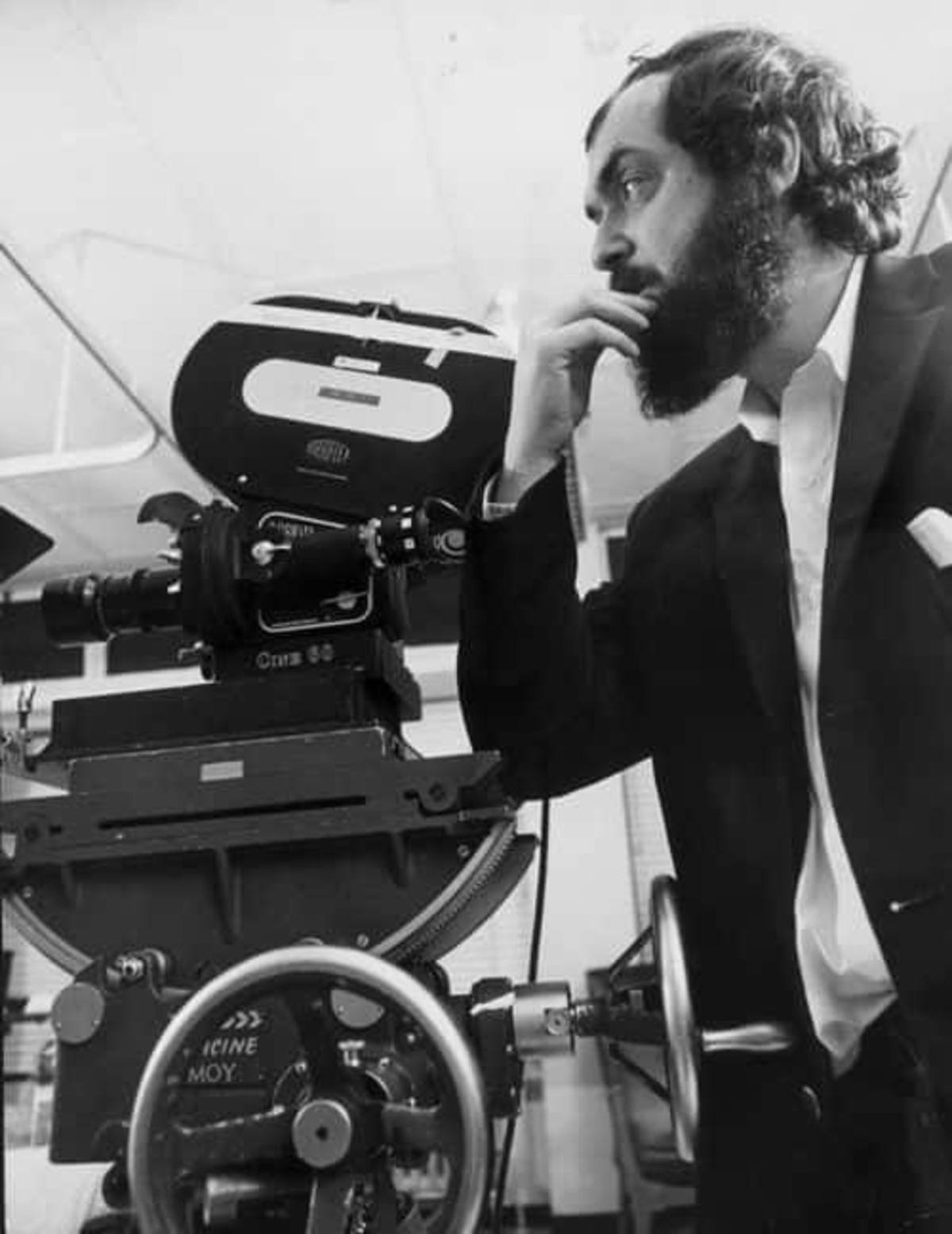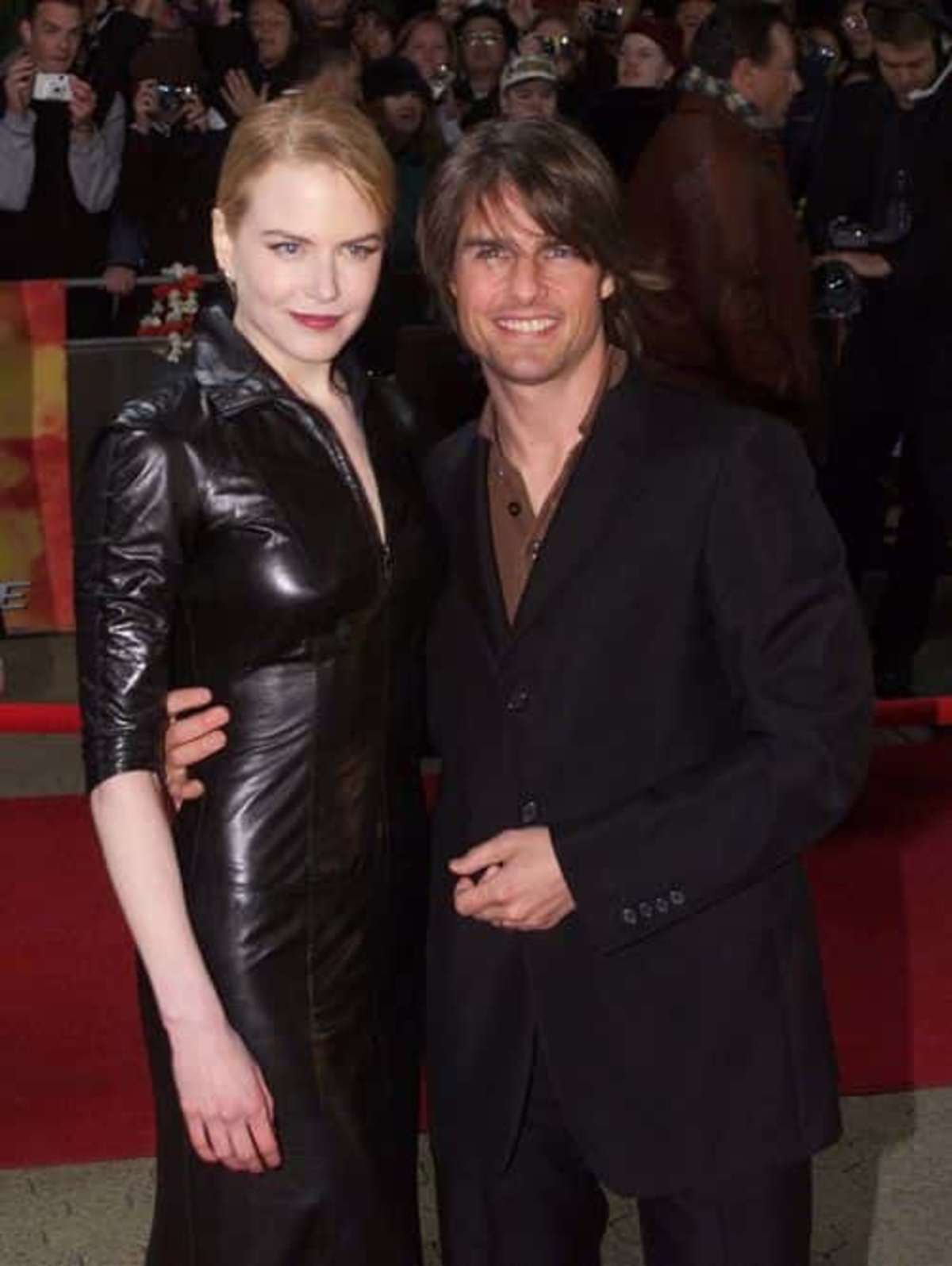Who is Frederic Raphael? 'Eyes Wide Shut' screenwriter calls Tom Cruise 'egocentric control freak' in his scathing book

LONDON, ENGLAND: The Oscar-winning screenwriter of the 1999 erotic mystery psychological drama 'Eyes Wide Shut' called the movie's star Tom Cruise an "egocentric control freak" and slammed the "passion" between the actor and his then-wife Nicole Kidman. In his scathing new book titled 'Last Post', veteran author Frederic Raphael, 91, criticized both the Hollywood star and late film director Stanley Kubrick.
According to the Daily Mail, Raphael reportedly had a falling out with the Kubrick family over his critical 1999 autobiography 'Eyes Wide Open', which documented his experience working with the late director and his infamously strict directorial style, and which finally resulted in him being barred from the premiere. In his most recent piece, he continues his grudge against 22 now-deceased family members and old coworkers by writing letters to them about their time spent together. The BAFTA winner also had doubts about the lead actors' selection for the 1999 racy movie.

Who is Frederic Raphael?
Raphael was born in Chicago in 1931 and later moved to England as a youngster. He received his education at Charterhouse School and majored in Classics at Cambridge's St John's College. He is a writer in a variety of genres. His books include 'The Earlsdon Way' (1958), 'Lindmann' (1963), 'The Limits of Love' (1960), 'Like Men Betrayed' (1970), 'Heaven and Earth' (1985), 'A Double Life' (1993), 'Old Scores' (1995), and 'Coast to Coast' (1998). His short story collections include 'Sleeps Six and Other Stories' (1979), 'Oxbridge Blues and Other Stories' (1980), 'Think of England' (1986), and 'The Latin Lover and Other Stories' (1994).
He is also well known for writing the screenplays for several movies and television shows, including 'Far from the Madding Crowd', 'Two for the Road', 'Rogue Male', and 'Eyes Wide Shut', which starred Tom Cruise and Nicole Kidman. Kubrick's 'Eyes Wide Shut' was released in 1999.

His 1976 novel 'The Glittering Prizes', which follows the lives of several Cambridge undergraduates in post-World War II Britain, was adapted into a six-part BBC television series in 1976, which starred Tom Conti as the protagonist Adam Morris and was named Writer of the Year by the Royal Television Society. 'Fame and Fortune', which came out in 2007 and was adapted for BBC Radio, was broadcast on Radio 4 in 2010. 'Final Demands' (2010), the final installment of the trilogy, was also played on BBC Radio 4.
He was made a fellow of the Royal Society of Literature in 1964 and currently resides in both France and England. In 2011, BBC Radio 3 aired his radio piece titled 'A Thousand Kisses'. 'A Jew Among Romans: The Life and Legacy of Flavius Josephus' was released in 2013 alongside his book 'Distant Intimacy: A Friendship in the Age of the Internet'. The sixth collection of his journals titled 'There and Then' was also released in 2013.
'There has been an incessant campaign'
Raphael claims that Cruise, together with Kubrick's wife Christiane Harlan and her brother Jan Harlan, tried to remove him from the director's "history" and are to blame for his unfavorable representation on Wikipedia. Raphael wrote in his latest book, "There has been an incessant campaign, led by the Harlans, whom I never met during the two or three years of addressing myself exclusively to you, to deny that I had anything much to do with the final version of Eyes Wide Shut. Until the Writers Guild intervened, they tried to eliminate me from the credits." The comment is thought to be in reference to a Wikipedia post that quotes Cruise criticizing Raphael's scathing depiction of working with Kubrick in a 1999 interview with film critic Roger Ebert.

'Egocentric control freak'
Raphael continues to ridicule the 'Mission: Impossible' actor in later letters, bringing up his affiliation with Scientology, his failed marriage to Kidman, and other topics. He wrote: "I have never been called a liar by anyone as I have been by the Harlan clan and by Tom Cruise, egocentric control freak to whom I have never spoken. He did offer me a job though, soon after you finished shooting; the better to have me on a leash, no doubt. In his turn, he too seems to need the control he finds in Scientology..."
Raphael makes a scathing jab at both Kubrick and Cruise, even questioning the director's judgment and motivations for using "Cruise (hence Nicole)" in the picture. He goes on, "Was there something just a touch naive in your idea that casting a married couple as a married couple would enable you to put "the truth" on the screen? Did you honestly suppose Cruise and Kidman were bound in genuine passion, rather than embraced in a careerist merger?"

Raphael's power battle with Kubrick throughout the film's production—Kubrick died months before the film's release—remains a source of intense hatred to this day, as seen by the author's scathing criticism throughout the letter in his book 'Last Post'.










